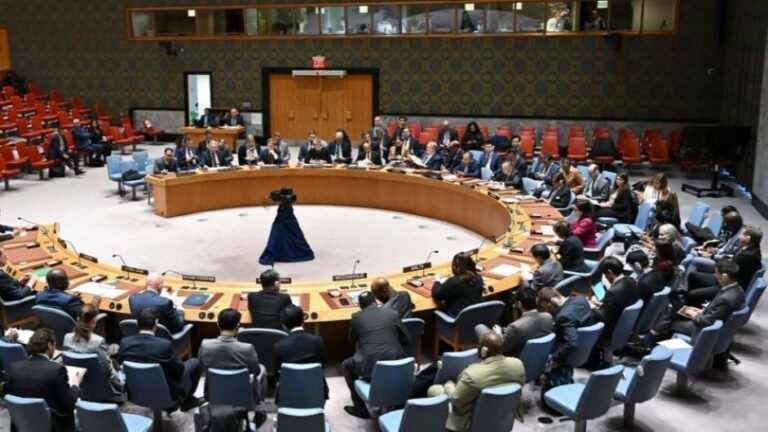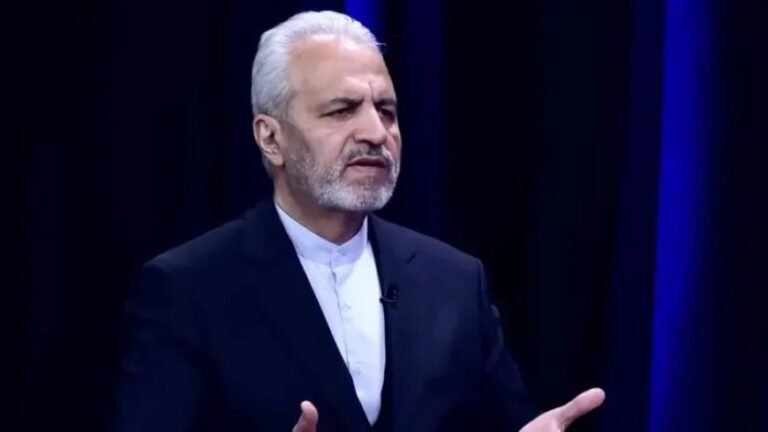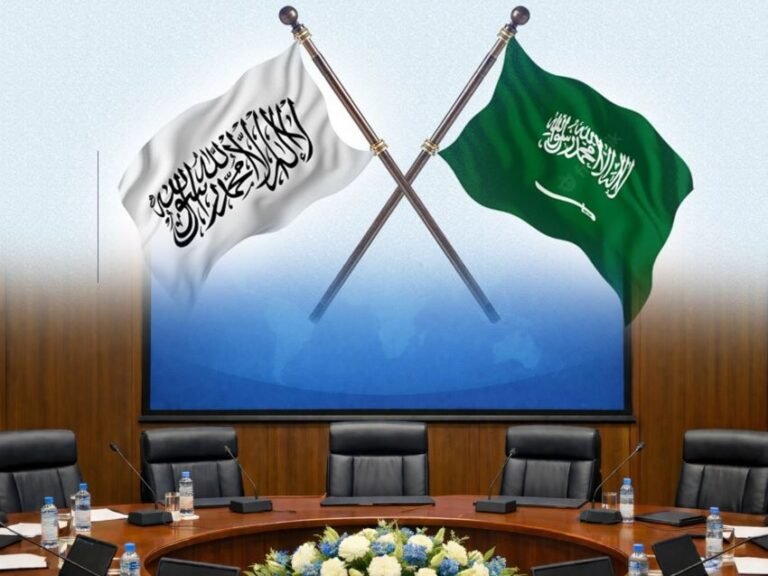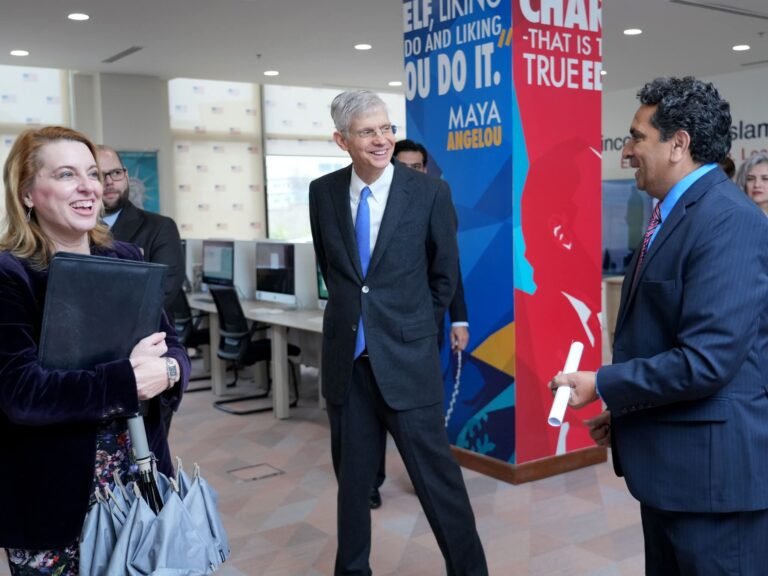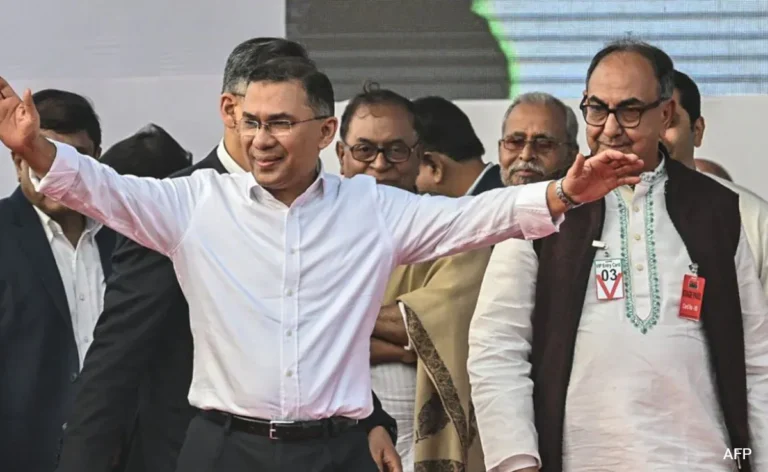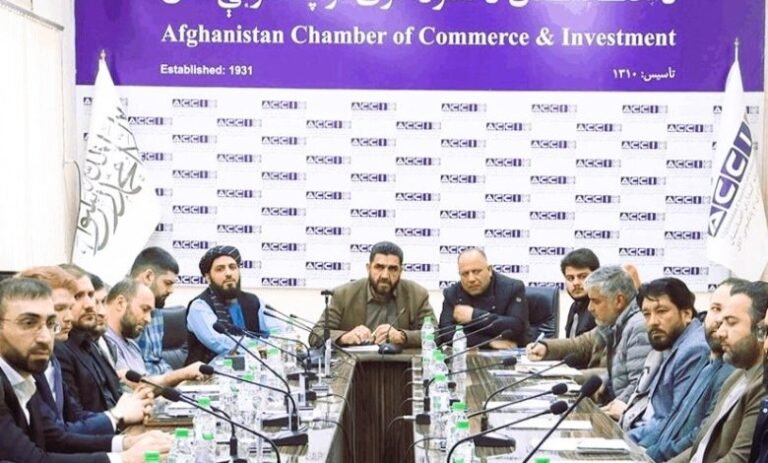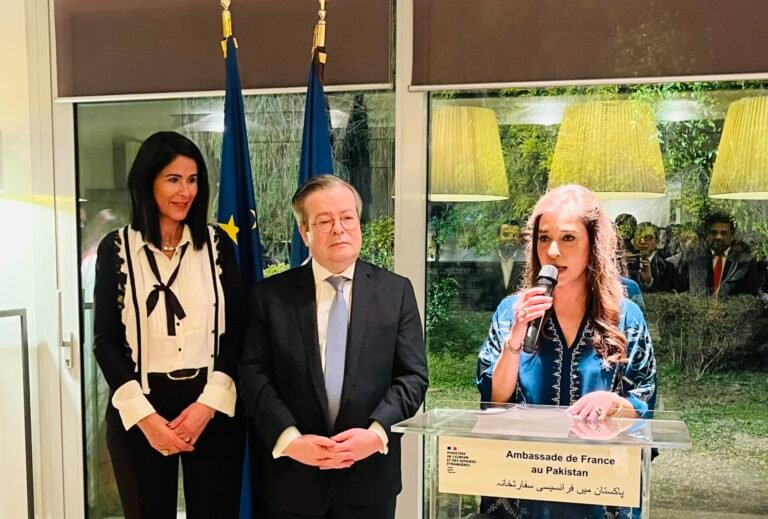Art of Narrative Diplomacy: Bridging Cultures Through Storytelling: In our globally connected world, diplomacy is key to peace, understanding, and international cooperation. Storytelling stands as a vital tool for diplomats. It shares a nation’s stories and experiences, thus building bridges and fostering cross-cultural understanding.
This article delves into storytelling’s role in diplomacy. It showcases historical instances, modern examples, and literature’s influence. Furthermore, it addresses the challenges and future prospects of narrative diplomacy.
The Power of Storytelling in Diplomacy
Storytelling is an essential tool for human communication. It shares experiences, preserves cultural heritage, and fosters empathy. In diplomacy, storytelling transcends differences, humanizes nations, and promotes trust, respect, and collaboration.
By sharing personal and relatable stories, diplomats can bring attention to important issues, engage in dialogue on complex subjects, and create lasting relationships with other nations.
The power of storytelling lies in its ability to break down barriers, convey emotions, and give voice to different viewpoints, which are crucial components in establishing meaningful diplomatic discourse.
Storytelling aids diplomats in handling tricky political matters. It helps find mutual understanding with others. Additionally, it gives a voice to underrepresented groups in global talks. This ensures diverse experiences and views are shared.
Also Read: Guangyuan: A Timeless Blend of History and Culture
Historical Examples of Storytelling in Diplomacy
Benjamin Franklin, during his time in France, used storytelling to create an appealing image of America, garnering support for the American Revolution. He shared tales of the country’s bravery, resourcefulness, and perseverance, which helped secure crucial French assistance.
The “ping-pong diplomacy” of the 1970s is another instance. The USA and China used table tennis for diplomacy. They shared personal stories, easing tensions. This experience let them see each other’s human side. It led to better relations and President Nixon’s landmark China visit.
Impact of Publishing Books on Diplomacy
Books provide a platform for long-form storytelling that reaches wide audiences. They offer insights into a nation’s culture, history, and politics, promoting deeper understanding.
Translated works bridge language barriers and encourage cross-cultural dialogue. Books can also be part of cultural diplomacy initiatives, which involve sharing stories through art, film, and literature.
By encouraging the exchange of literature between countries, diplomats can create opportunities for collaboration, dialogue, and mutual understanding.
Books by diplomats, leaders, or influencers can deepen empathy. They challenge stereotypes, offering a more detailed view of their nations. This contributes to a better understanding of different countries.
Challenges Faced by Diplomats in Crafting Compelling Stories
Cultural differences, language barriers, and political sensitivities can hinder the effectiveness of storytelling in diplomacy.
Diplomats must develop a deep understanding of their audience, identify common ground, and convey stories authentically and respectfully. Additionally, diplomats must balance their nation’s views with their counterparts’ concerns. This equilibrium is key for effective diplomacy.
Diplomats must be flexible, inventive, and good communicators. They should master both speech and body language. This allows them to create impactful stories. These narratives appeal to various audiences and enhance diplomatic discussions.
Incorporating Local Storytelling Techniques
By adopting local storytelling customs, diplomats show respect for local culture, deepening audience connections. Consequently, this makes their stories more relatable and engaging, thereby fostering shared understanding and common ground.
Using local storytelling methods enriches a diplomat’s narrative. It offers fresh insights and perspectives. These inform their diplomatic work. This exchange boosts cultural understanding. It also improves diplomatic communication effectiveness.
To successfully incorporate local storytelling techniques, diplomats must invest time in researching and understanding the cultural context, values, and history of the countries they engage with, thereby demonstrating genuine interest and respect for their counterparts.
Future of Storytelling in Diplomacy
The role of storytelling in diplomacy will continue to grow as global interconnectedness increases. Diplomats must hone their storytelling skills and embrace new mediums like social media, virtual reality, and other emerging technologies to share their nation’s stories innovatively.
Furthermore, these platforms expand reach to wider audiences. Additionally, they promote quick connections and interactive involvement. As a result, this significantly boosts the effectiveness of narrative diplomacy.
Storytelling grows more crucial as global issues arise. Challenges like climate change, migration, and inequality need joint efforts. It fosters empathy, trust, and international collaboration.
By staying abreast of technological advancements and evolving storytelling techniques, diplomats can create engaging experiences that facilitate understanding, bridge cultural divides, and build lasting relationships.
Conclusion
The art of storytelling is a potent diplomatic tool. It shares experiences and fosters cross-cultural connections. The influence of literature, educational programs, and local storytelling, along with emerging tech, boosts its effectiveness.
As global connections grow, the importance of storytelling in diplomacy endures. It shapes global dialogues and nurtures cooperation.
Moreover, diplomats leveraging technology and innovative storytelling craft captivating experiences. These aid in understanding and bridging cultural divides. Consequently, this fosters enduring bonds, advancing peace and international collaboration.
Established in December 2008, The Diplomatic Insight is Pakistan’s premier diplomacy and foreign affairs magazine, available in both digital and print formats.



